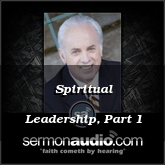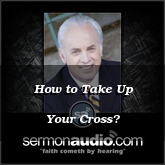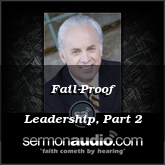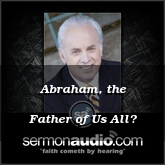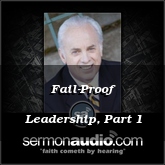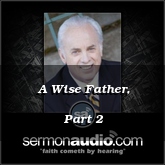Install the app
How to install the app on iOS
Follow along with the video below to see how to install our site as a web app on your home screen.
Note: This feature may not be available in some browsers.
You are using an out of date browser. It may not display this or other websites correctly.
You should upgrade or use an alternative browser.
You should upgrade or use an alternative browser.
So when they had finished breakfast, Jesus said to Simon Peter, âSimon, son of John, do you love Me more than these?â He said to Him, âYes, Lord; You know that I love You.â He said to him, âTend My lambs.â He said to him again a second time, âSimon, son of John, do you love Me?â He said to Him, âYes, Lord; You know that I love You.â He said to him, âShepherd My sheep.â He said to him the third time, âSimon, son of John, do you love Me?â Peter was grieved because He said to him the third time, âDo you love Me?â And he said to Him, âLord, You know all things; You know that I love You.â Jesus said to him, âTend My sheep.â (John 21:15â17)The primary mark of the redeemed has always been love for God. The Shema, the great Old Testament confession of faith, declares, âYou shall love the Lord your God with all your heart and with all your soul and with all your mightâ (Deut. 6:5). Later in Deuteronomy Moses exhorted Israel to manifest that love by obeying Godâs commandments (10:12â13; 11:1). When Daniel poured out his heart in prayer for his people, he addressed God as âthe great and awesome God, who keeps His covenant and lovingkindness for those who love Him and keep His commandmentsâ (Dan. 9:4). After the exile Nehemiah echoed Danielâs prayer: âI beseech You, O Lord God of heaven, the great and awesome God, who preserves the covenant and lovingkindness for those who love Him and keep His commandmentsâ (Neh. 1:5). The theme of loving God was also on the heart of David, who wrote, âI love You, O Lord, my strengthâ (Ps. 18:1). . . .
- Author
- Pastor John MacArthur
- Info at Website
- Copyright
- 2018 Grace to You. All rights reserved


